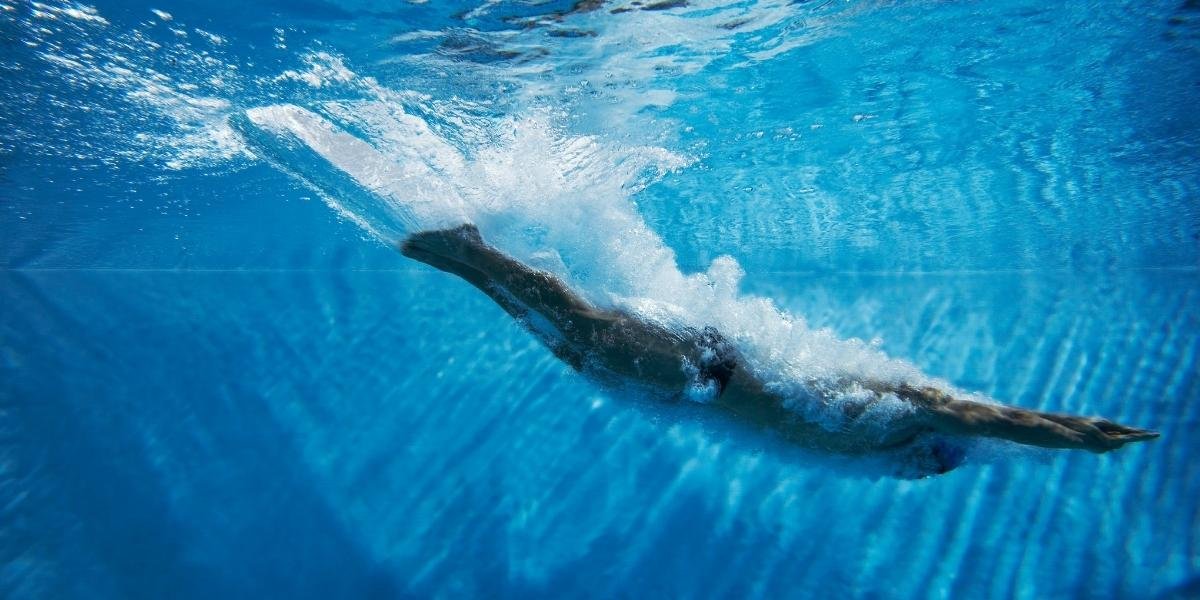Exploring the Origins and Significance of Sports in the Ancient World
Sports have long been a part of human civilization, but their role in ancient societies often transcended mere recreation. Ancient sports were not only a form of entertainment but also played key roles in religion, politics, and social cohesion. These early contests laid the foundation for the athletic traditions that continue to shape modern sports today. In this article, we explore the fascinating history and cultural significance of ancient sports, examining their origins, rules, and lasting influence on modern competition.
Read Also: How to Tackle Overwhelm: Tips for Reclaiming Your Focus
The Cradle of Competition: Origins of Ancient Sports
The origins of organized physical contests can be traced back to some of the earliest human societies, where sports were often intertwined with rituals, religion, and the need to demonstrate physical prowess. In ancient times, sports were not just games—they were symbolic acts that connected people to their gods, validated their status, and fostered a sense of unity within their communities.
Early Ritualistic Games
In Mesopotamia, the earliest known civilization, physical contests were often linked to religious rituals. The ancient Sumerians and Babylonians held festivals that featured athletic events to honor the gods and celebrate seasonal changes. These games likely included running, wrestling, and archery, performed as a demonstration of the participants’ strength and devotion. The Ishtar Gate in Babylon, for instance, depicts athletic scenes, suggesting that competition was not only for personal glory but also a way to appease deities.
Ancient Egypt and Minoan Crete: Games as Reflection of Power
In ancient Egypt, physical contests were also tied to religious significance. The pharaohs and other rulers often competed in athletic challenges as part of their public persona. These events, which could include archery, wrestling, and boxing, reflected a ruler’s strength and divine favor. The Minoans of Crete were known for their bull-leaping contests, where athletes would leap over bulls as a form of ritualistic bravery and as a symbol of human dominance over nature.
While these early forms of competition were often linked to religious or ritualistic purposes, they also functioned as a way to prepare individuals for military service, ensuring that people were physically capable and strong in times of war.
The Glory of Greece: The Birthplace of Modern Sports
Perhaps the most influential ancient civilization in shaping the history of sports was ancient Greece. The Greeks not only elevated sports to a cultural and religious level but also set the stage for the sports we know today. The ancient Greeks placed immense value on physical fitness, intellectual development, and the pursuit of excellence, and their competitive events reflected these ideals.
The Olympic Games: A Celebration of Athleticism and Religion
The Olympic Games, first held in 776 BCE, are perhaps the most iconic of all ancient Greek sporting events. Initially dedicated to the god Zeus, the games took place every four years at Olympia, a religious site in western Greece. The Olympics were not just about athleticism but were also deeply intertwined with religious worship, featuring sacrifices and prayers to honor the gods. The games included a variety of events, such as running, wrestling, boxing, and chariot racing, with the victors celebrated as heroes.
The rules of the Olympic Games were strict, and only free-born Greek men were allowed to participate, reflecting the Greek ideals of citizenship, honor, and physical perfection. Victorious athletes were granted prizes, including olive wreaths, and often returned to their home cities as celebrated heroes, sometimes even receiving lifetime pensions.
Panhellenic Games: Unity Through Competition
In addition to the Olympic Games, the Greeks held other Panhellenic Games, such as the Pythian Games at Delphi and the Nemean Games at Nemea. These events were organized to honor various gods, including Apollo and Zeus, and served as a unifying force among the Greek city-states, fostering a sense of shared identity through competition. Athletes traveled from all over the Greek world to participate, and the Panhellenic Games became a key part of Greek culture.
Roman Spectacle and Power: The Evolution of Sports in Ancient Rome
While ancient Greece laid the foundation for organized sports, ancient Rome took these contests to new heights, transforming them into public spectacles that were used for entertainment, political gain, and social control.
Gladiatorial Combat: Sport as Political Power
One of the most iconic and brutal forms of sport in ancient Rome was gladiatorial combat, where trained fighters (gladiators) battled each other to the death in massive arenas like the Colosseum. These games were not only a form of entertainment but were also a tool used by Roman emperors to display their power, keep the masses entertained, and distract from political unrest. Gladiators, often slaves or prisoners of war, fought for their lives in front of thousands of spectators, with the outcomes of these contests having significant social and political ramifications.
Chariot Racing: A Spectacle of Speed and Skill
Another prominent form of sport in ancient Rome was chariot racing, held in the Circus Maximus, which could accommodate up to 150,000 spectators. This event, which was immensely popular, involved teams of horses racing around a track at high speeds. The races were highly competitive, and successful charioteers became famous, often enjoying the same level of celebrity as modern-day athletes. The political nature of these races was also evident, as emperors would often sponsor specific teams and use the races to assert their authority.
Beyond the Mediterranean: Ancient Sports Around the World
While Greece and Rome are the most well-known civilizations for their contributions to sports, other regions of the ancient world had their own unique sporting traditions. These games often reflected the values, cultures, and priorities of their societies.
Mesoamerican Ball Games: Ritual and Competition
In Mesoamerica, the Mayan and Aztec civilizations played a version of the Mesoamerican ballgame, which involved teams using a rubber ball to pass through stone hoops. This game had deep spiritual significance, as it was associated with the cycle of life, death, and rebirth. The ballgame often had ritualistic elements, with the outcome determining the fate of captives or prisoners of war, making the competition both a sporting event and a sacred ritual.
Persian Wrestling: A Tradition of Strength
In ancient Persia, wrestling was a popular and culturally significant sport. Known as Pahlavani, Persian wrestling combined physical prowess with moral and spiritual training. The sport focused on strength, agility, and strategy, and wrestlers were respected as warriors. Persian wrestling is considered to be a precursor to modern Greco-Roman wrestling, showcasing the long-standing tradition of martial competition in the region.
Rules, Equipment, and Training: The Foundations of Ancient Sports
While many ancient sports may seem rough and rudimentary by modern standards, they were often highly structured and required considerable skill and training. Training regimens for athletes in ancient civilizations were rigorous, and the equipment used in events like chariot racing or gladiatorial combat was specialized and advanced for its time.
In ancient Greece, athletes trained in gymnasiums, where they engaged in various exercises to build strength, endurance, and skill. In Rome, gladiators trained in ludus, schools dedicated to preparing fighters for the arena. Even early forms of boxing and wrestling required specialized techniques and strategies, often passed down from generation to generation.
Read Also: Replace Negative Self-Talk with Empowering Affirmations
The Enduring Legacy of Ancient Sports
The influence of ancient sports can still be seen in modern athletic traditions. The Olympic Games remain the most enduring legacy of ancient Greece, continuing to celebrate athletic excellence and cultural unity every four years. Many contemporary sports, such as wrestling, boxing, and chariot racing (in a modified form), owe their roots to ancient traditions.
Furthermore, the emphasis on physical fitness and the competitive spirit in ancient cultures continues to resonate today, shaping not only the structure of modern sports but also how we perceive athletes, competition, and physical training. The profound cultural significance of sports in ancient times—the connection to religion, politics, and social hierarchy—continues to echo in the way we organize and engage in sports today.








